Gender-Equality
Gender-Equality
Globally, 1 in 3 women experience physical and/or sexual violence in their lifetime, but that number doesn’t tell the full story. Some populations such as older women, adolescent girls or women and girls with disabilities are under-represented in much of the available research. According to the UN Women data repository, while 188 countries report data on various forms of gender-based violence (GBV), only 18 have data specifically on child, early and forced marriages.
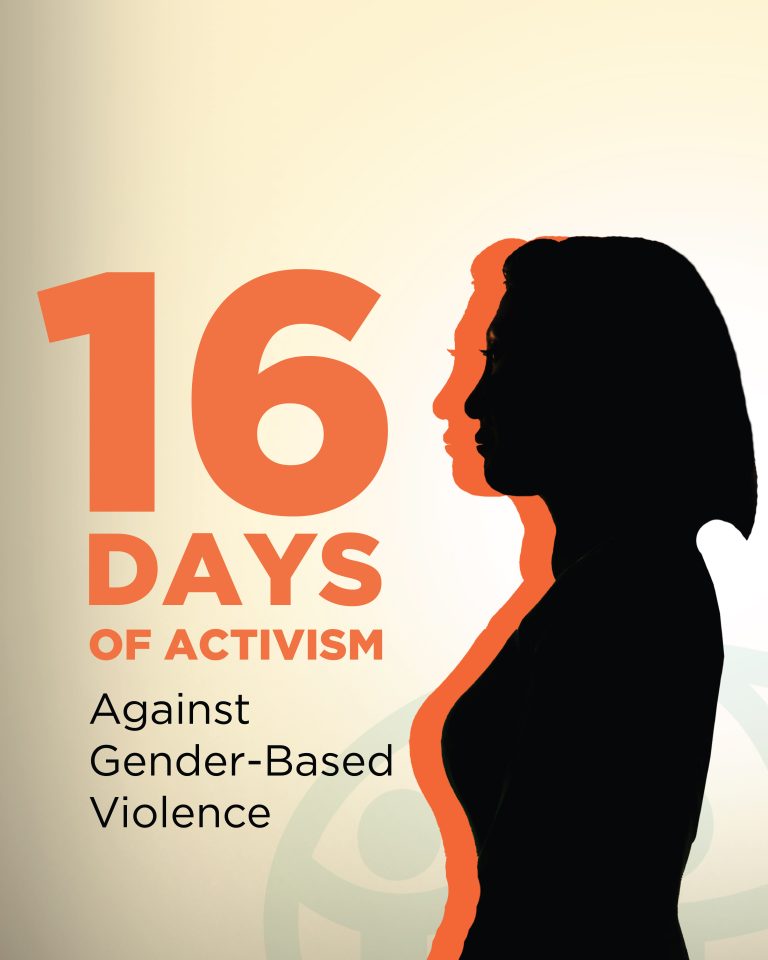
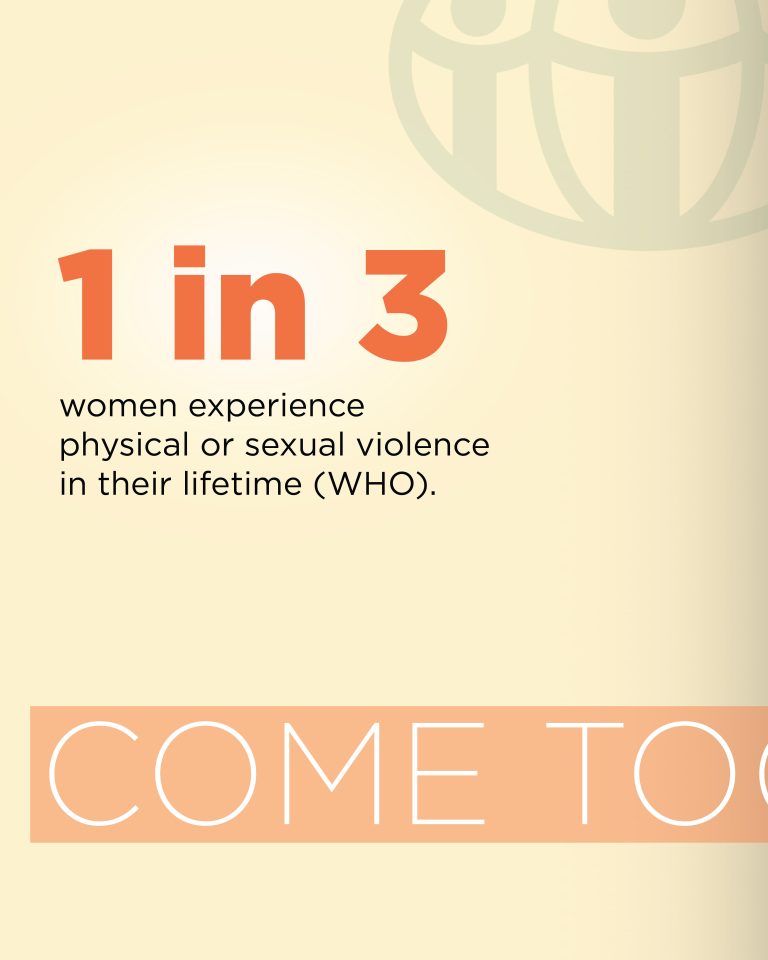
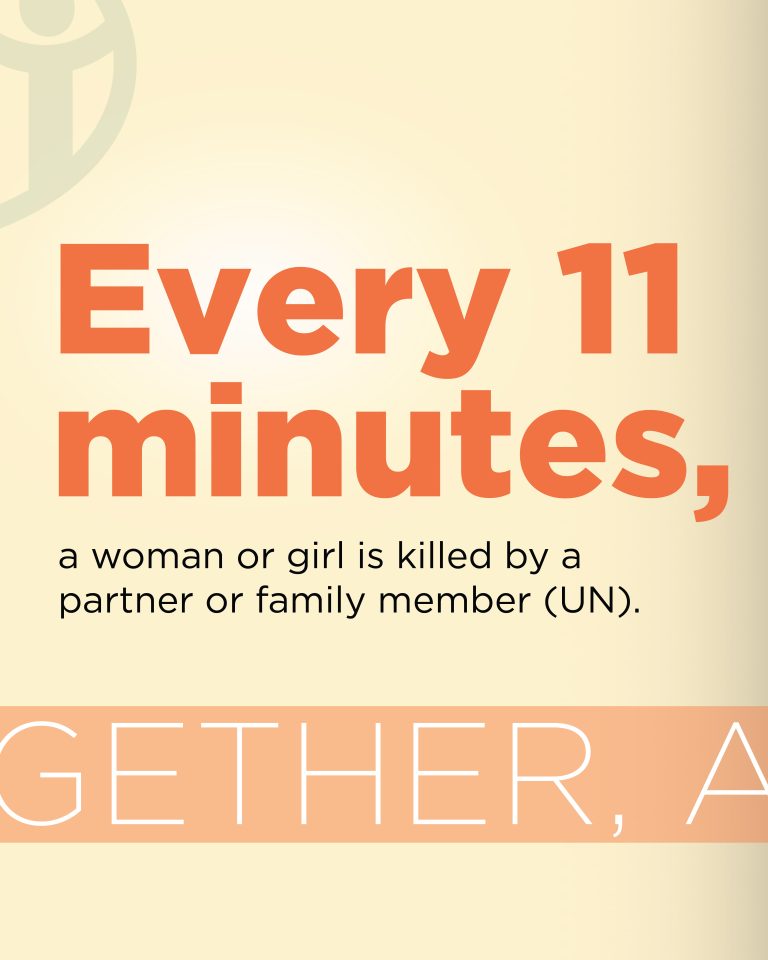
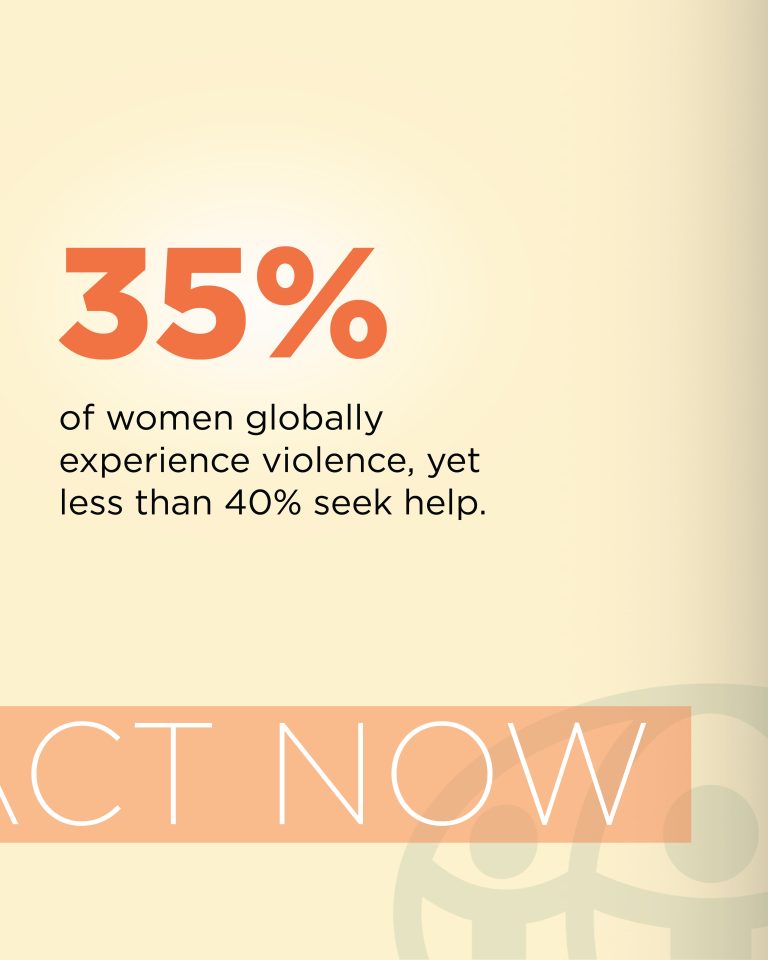
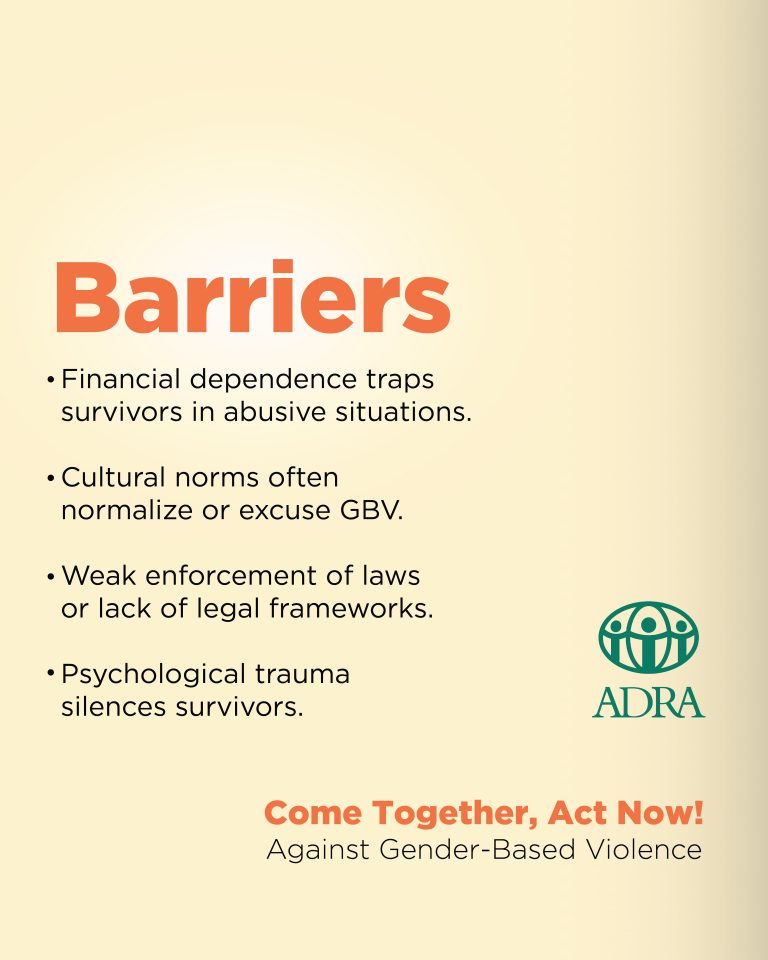

Why does this matter?
Without accurate, comprehensive data, it’s harder to design and implement effective prevention and support systems. Reliable data empowers governments, organizations, and communities to act, but collecting this information must be done ethically and safely.
Why is GBV Data Important?
GBV data is the foundation of impactful policies and programs. It helps us to understand the scope and patterns of violence, Identify underlying causes and inform strategies to prevent GBV and support survivors.
Ethical Data Collection: A “Do No Harm” Approach
Collecting GBV data requires extreme care. The World Health Organization (WHO) emphasizes that the benefits of collecting data must outweigh the risks to participants. Before gathering information, communities must have access to basic support services such as healthcare, counselling, and legal assistance.
Key principles include:
• Prioritizing privacy, safety, and dignity.
• Avoiding harm to survivors.
• Sharing findings with communities to empower local change.
How ADRA Canada Uses Data to Prevent GBV
At ADRA Canada, we ensure that data collection is ethical, inclusive, and community-driven. Through the TOGETHER Project, funded by Global Affairs Canada, we use an innovative method called ColMEAL (Community-Led Monitoring, Evaluation, Accountability, and Learning).
What can be done?
• Invest in local women’s rights organizations to collect and use data safely.
• Prioritize non-prevalence data to minimize risks.
• Treat the lack of data as a call to action—not a sign that GBV isn’t happening.
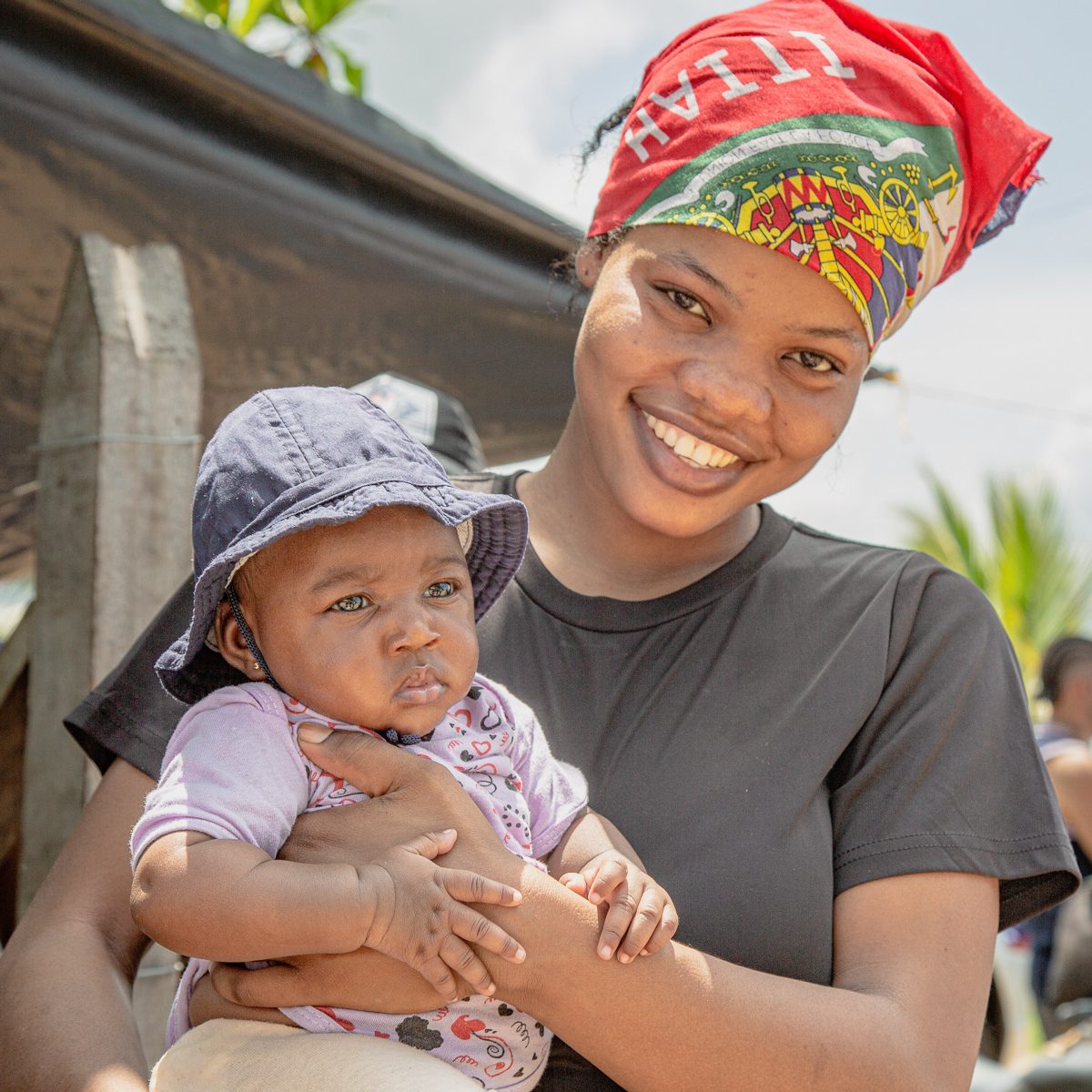

Join Us in Creating Change
As we mark the 16 Days of Activism Against Gender-Based Violence, ADRA Canada calls on partners, donors, and communities to close data gaps and prioritize survivor-centred approaches. Together, we can create safer, more equitable communities where women and girls thrive.
Related Stories
- News Releases, Stories
The TOGETHER Project continues to transform lives across the world, and this impact wouldn’t be...
- News Releases, Stories
In Somalia, gender equality remains a pressing issue, with women facing significant cultural, social, and...
- News Releases, Stories
In Kenya, the TOGETHER Project continues its work in villages across the region, bringing support...